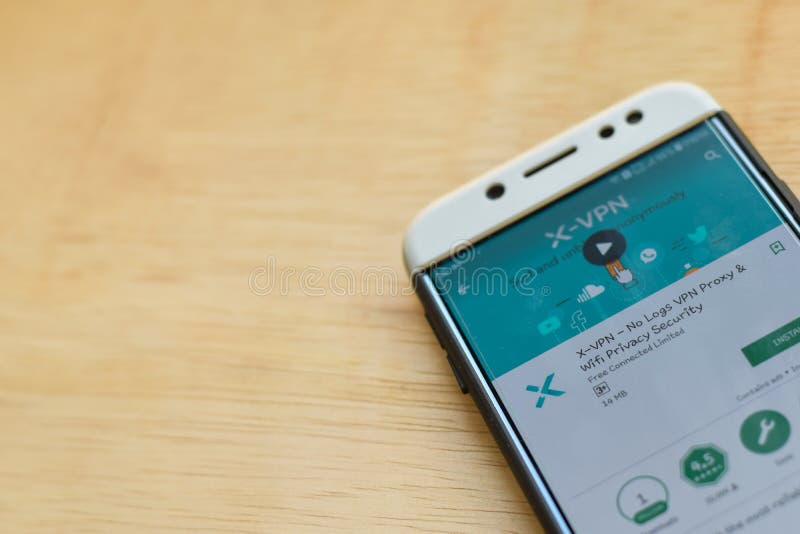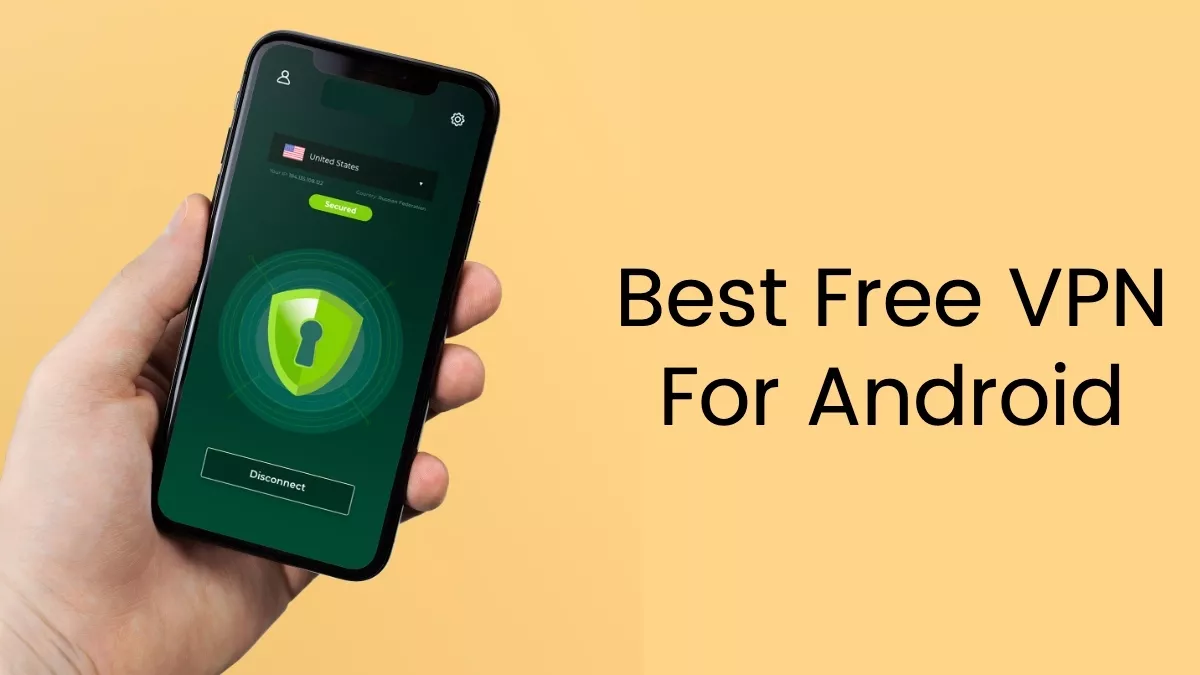

In many cases, it comes from providers logging and selling your online data to third parties for advertising purposes. Nothing in this world is free, and the revenue to support “free” VPNs has to come from somewhere. Many free VPN apps don’t encrypt your connection, which is technically okay if you just want to stream content, but not if you’re concerned about security or privacy (which you should be). When it comes to VPN apps, you definitely get what you pay for.

However, you should still do some research on your own, as there have been instances of providers lying about keeping logs. A trustworthy VPN provider will clearly state that no logs are kept. Be sure to check the provider’s terms of service, where you should be able to find their logging policy. Make sure they don’t keep logsĪ VPN should keep your network completely private, and that means the provider should not be keeping data logs of your online activity. Here are a few things to consider when choosing your VPN provider: 1. With countless VPN apps available, how do you know which one to choose? Apps are also advantageous because they allow you to set and save your preferences, and configuration is very straightforward.
How to get a vpn free on smartphone android#
The easiest way: download a VPN appĭownloading an app from a VPN provider is by far the fastest and most convenient way to set up a VPN on your iPhone or Android phone.

VPNs come in all shapes and sizes, and while choosing one usually boils down to personal needs and preferences (and of course, whether you use an iPhone or Android), it’s important to understand the pros, cons, and difficulty level of your options. This is also an instance where you could use a proxy server, just don’t forget that your connection won’t be encrypted, so use a reputable service. Want to keep up with your HBO shows while traveling around Europe? No problem with a VPN. Since content blocks are enforced based on your IP address, using a VPN can allow you to access content no matter where you are. Get around content blocksĭepending on where you are - school, work, abroad - you may find that certain websites or online services are blocked because of copyright agreements, or, in some countries, censorship laws. Proxies are also used on an application by application basis, unlike a VPN, which is applied to all of your online traffic. Be careful not to confuse a VPN with a proxy server - while both hide your IP address, a proxy server doesn’t use encryption, meaning your online data isn’t protected. A VPN helps you avoid the dangers of public Wi-Fi by encrypting your connection and preventing third parties from being able to see what you’re doing on the network. But unfortunately, that unsecured Wi-Fi network in Starbucks you’re connecting to from your iPhone or Android phone also makes it easy for hackers to access your connected device and intercept any sensitive info you’re sharing online (passwords, credit card details, etc.).

Public Wi-Fi hotspots make it easy for us to connect from almost anywhere. And with the recent repeal of net neutrality rules in the United States, keeping your online data safe from your ISP’s prying eyes could become even more important in the near future. Ever notice those creepy online ads showing you products you recently searched for? Yeah, that’s essentially Google spying on you. ISPs and search engines like Google use your phone’s IP address to collect data about your online search habits. What you do online is your business, and using a VPN can help you keep it that way by hiding an important number called your IP address. While there are many reasons why you should be using a VPN, here are the top 3: 1. Top 3 reasons for downloading a VPN on your phone


 0 kommentar(er)
0 kommentar(er)
